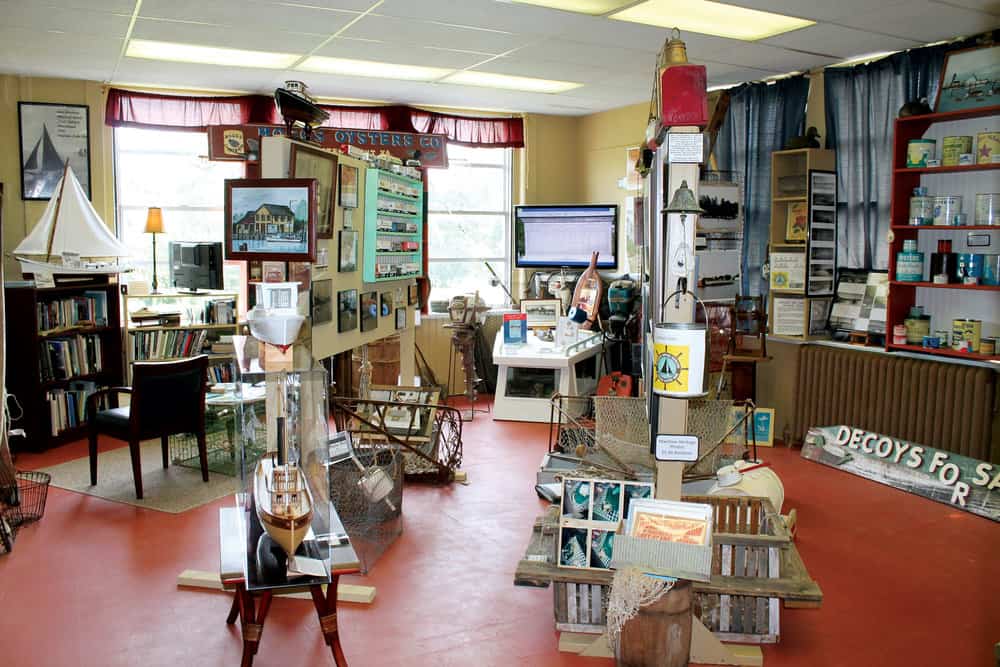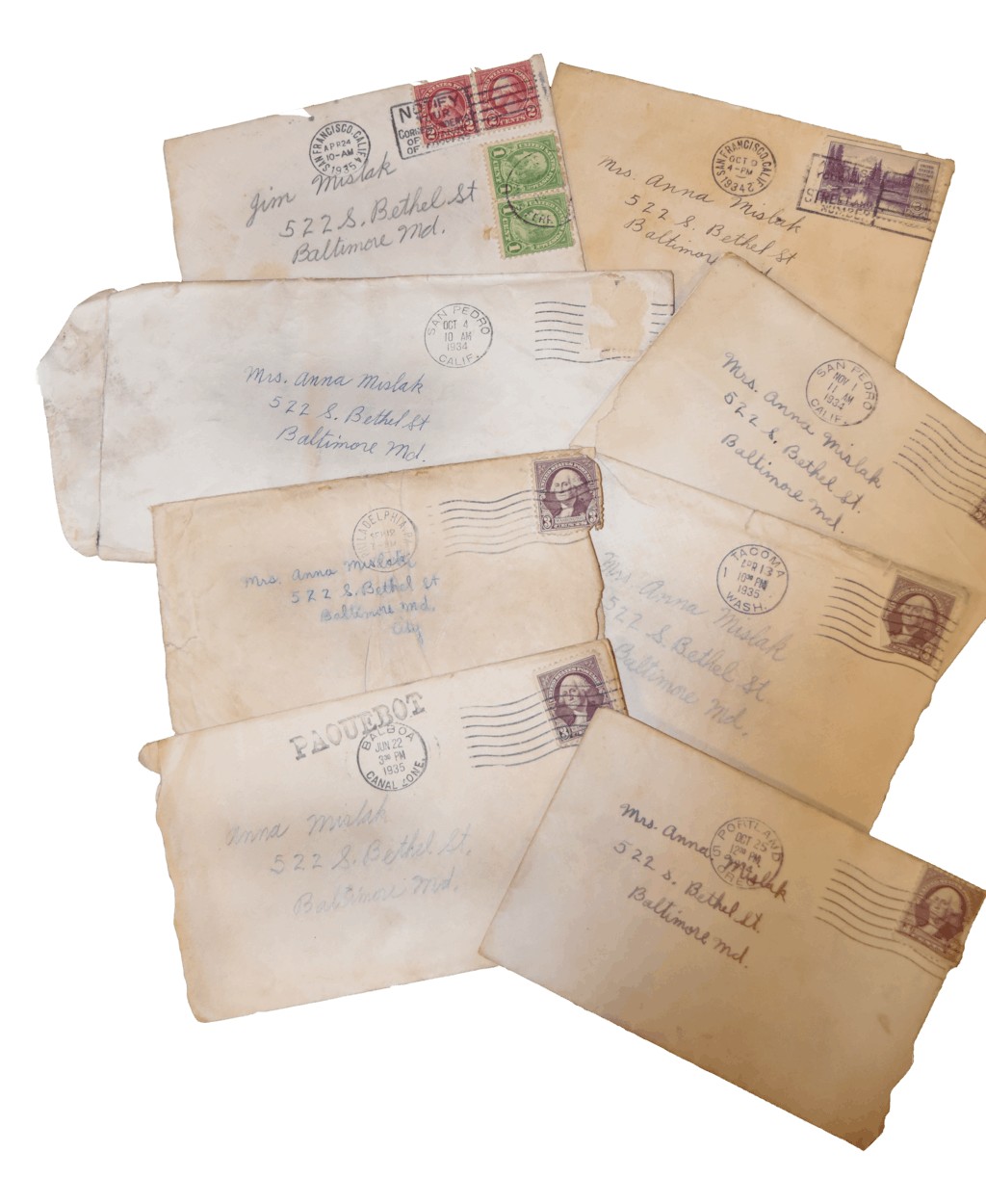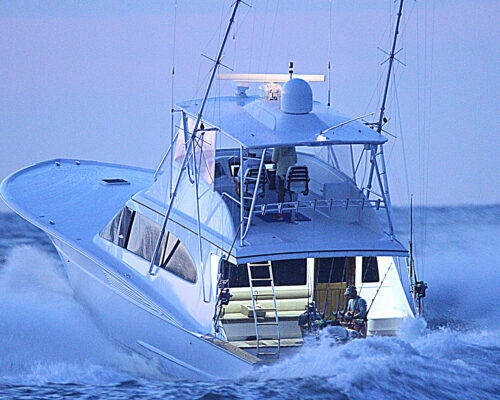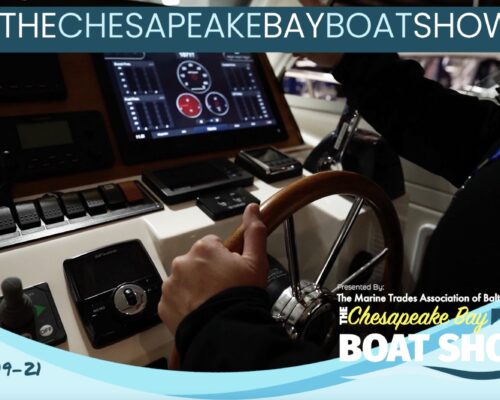There is nothing in the world I enjoy more than operating a crab scraper. And I mean nothing,” Paul Ewell adds for emphasis, pointing to an old crab scraper on display in the Eastern Shore Watermen’s Museum and Research Center at the Historic Onancock School. Ewell is the Executive Director of the Watermen’s Heritage Foundation of Virginia’s Eastern Shore, the nonprofit organization that runs the museum. Ewell drives from Virginia Beach with his wife, Sandra, the treasurer of the foundation, each Saturday morning to open the museum and welcome visitors.
Located a short walk from the Onancock Wharf and Marina, the museum seeks to preserve the maritime history of Virginia’s Eastern Shore and encourage the future for local watermen.
Ewell is a unique dichotomy, a native Eastern Shoreman who loves working on the water and also enjoys the academic world, teaching management and logistics at Virginia Wesleyan College in Virginia Beach.
“I grew up working with my father on the water on Hunting Creek outside Parksley and loved it,” Ewell recalls. “I was a good student, but I had no plans to go to college until a teacher convinced me by saying, ‘Paul, wouldn’t you rather work on the water when you want to and the way you want to? Going to college will help you do that.’ ”
Ewell, now 50, eventually earned a doctorate and has been on the Virginia Wesleyan College faculty for nine years, these days serving as chairman of the MBA program for Management, Business and Economics. But until two years ago, he worked summers on his older brother’s crab boat, rising early in the morning and shaking crabs from crab pots under a hot sun. His brother passed away from cancer in 2014. However, Ewell keeps all his commercial licenses up to date.
As much as he loves working on the water, Ewell is just as happy archiving and researching the maritime history of Virginia’s Eastern Shore.
“We have 45,000 digitized photos that we use in a continuous slide show that changes all the time,” says Ewell. Many of the photographs are also displayed throughout the museum, along with tools of the watermen, boat models and other relics.
Admission is free. “We don’t charge for anything,” says Ewell. “There is no membership fee. We just want to show the heritage of the working watermen and promote the industry. It’s a labor of love for us. Maryland and the western side of the Chesapeake Bay have done a great job of documenting their watermen’s history. The Eastern Shore of Virginia hasn’t done all that much. Most of the early skipjacks worked on the Eastern Shore of Virginia, but when Virginia started to allow engines to be used in vessels to dredge oysters, there was no longer a need for skipjacks in Virginia, so they were sold to folks in Maryland. In fact, my great uncle actually moved to Smith Island with his skipjack and married a woman there.”
Now over 90 years old and abandoned as a schoolhouse more than 30 years ago, the Historic Onancock School has been converted to a community and cultural center. In addition to the maritime museum, the school houses workshops of several artisans and craftspeople, including decoy carvers, jewelry makers and weavers. The school also serves as a meeting place for a chess club, robotics group, master gardeners, table tennis players, the county band and other groups.
Ewell and his wife still maintain a home in Justisville outside of Parksley and spend weekends there after commuting from Virginia Beach. Ewell’s family dates back to 1639 on Virginia’s Eastern Shore, when an ancestor settled and named a town Guilford after his birthplace in England.
Ewell says many academicians frown on Facebook, but he finds it a useful tool for collecting data for the museum.
“I get a lot of great information from Facebook. I will put a photo out there and get all kinds of responses that help me. If anyone has a shoebox of photos in the attic that relates to the working waterman either Bayside or seaside, I can scan them and return them the same day.”
In addition to his work at the museum, Ewell has recently co-founded with his wife a lobby group working to support, market and organize the commercial fishing industry in Virginia called Waterman of Virginia Engaged, or WAVE, Inc.
“It’s a mission to unite watermen from all of Virginia into one cohesive group that will provide a solid voice for the watermen,” says Ewell, who, despite his advanced degrees, has never strayed far from his roots as the son of a waterman.
The Eastern Shore Watermen’s Museum (757-665-5771; www.esvawatermen.org) is open Thursdays and Saturdays 10 a.m.–3 p.m. and by appointment. Ewell can be reached at 757-650-4285 or [email protected].
—Bill Sterling




